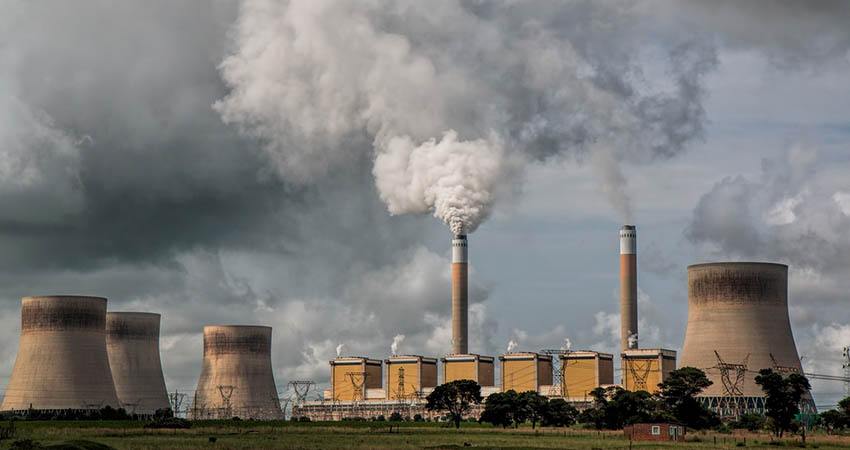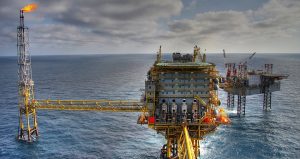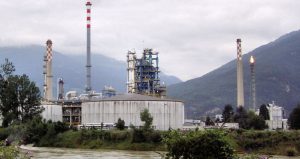Europe: Companies required to disclose water use

-
 Editorial Team
Editorial Team
Share article:
Companies with activities in Europe are required to disclose information on their water use and their water resources. The further protection of water and marine resources in the EU is one of the objectives of the Corporate Sustainability Reporting Directive that came into force in January 2023. The new directive requires EU and non-EU companies to file annual sustainability reports alongside their financial statements.
The Corporate Sustainability Reporting Directive (CSRD) demands that the reports must be prepared in accordance with European Sustainability Reporting Standards (ESRS). This summer the European Commission adopted the first set of ESRS, which will apply directly in all 27 EU member states. Companies will need to report in compliance with these new ESRS as early as the 2024 reporting period.
Better understanding of risks
CDP, a global non-profit charity that runs a widely-recognised environmental disclosure system for companies, cities, states and regions, and which worked on the EU’s sustainability disclosure program, welcomed the move. “This strengthening of EU disclosure rules will bring more accountability and a better understanding of risks and opportunities. They will enable the tracking of progress against EU and global goals and will raise the bar on what is expected from companies,” CDP wrote in the report Riding the Wave: How the private sector is seizing opportunities to accelerate progress on water security. “The European Sustainability Reporting Standards list water and marine resources as a key topic, alongside climate change, pollution, biodiversity and ecosystems, resource use and circular economy”, the CDP report added.
Financial institutions
Of equal, if not perhaps greater importance, is the introduction of mandatory water reporting for financial institutions, CDP said. “The European Sustainable Finance Disclosure Regulation (SFDR) aims to improve transparency in the market for sustainable investment portfolios. Whilst missing indicators associated with water withdrawals and consumption, the SFDR represents a vital opportunity to trigger a cascade of pollution-related action right across the real economy.”
More companies have to comply
The Corporate Sustainability Reporting Directive replaces the Non-Financial Reporting Directive (NFRD), expanding the number of companies that will have to comply from nearly 12,000 to 50,000. It is mandatory for listed companies; large companies that meet certain criteria; and non-EU companies with at least one subsidiary in the EU and a net turnover of more than € 150 million.
Benefits
Compliance with the Corporate Sustainability Reporting Directive will depend on having a strong Environmental, Social and Governance (ESG) programme. This can bring several potential benefits to companies including: Lower costs in operations with savings in the use of water, energy, materials and waste. Improved transparency and trust. Stronger competitive advantage: Investors are more likely to back companies that disclose their ESG performance.
Penalties
Penalties for not complying with the new rules will depend on how EU member states enact the new rules. However, it is expected that fines could vary widely, and reach up to 5% of the total annual turnover of a company. Likewise, prison sentences could range from months to five or six years depending on the implementing Member State. Beyond legal sanctions, additional consequences of not complying with the Corporate Sustainability Reporting Directive could include reputational damage, loss of stakeholder confidence, and legal action from non-governmental entities.
Safeguarding Europe’s water resources
In 2015 CDP stated European companies are more aware of water risks than their global peers as detailed in the report ‘Safeguarding Europe’s water resources’. CDP was established as the ‘Carbon Disclosure Project’ in 2000, asking companies to disclose their climate impact. Since then, it has broadened the scope of environmental disclosure, to incorporate deforestation and water security.















